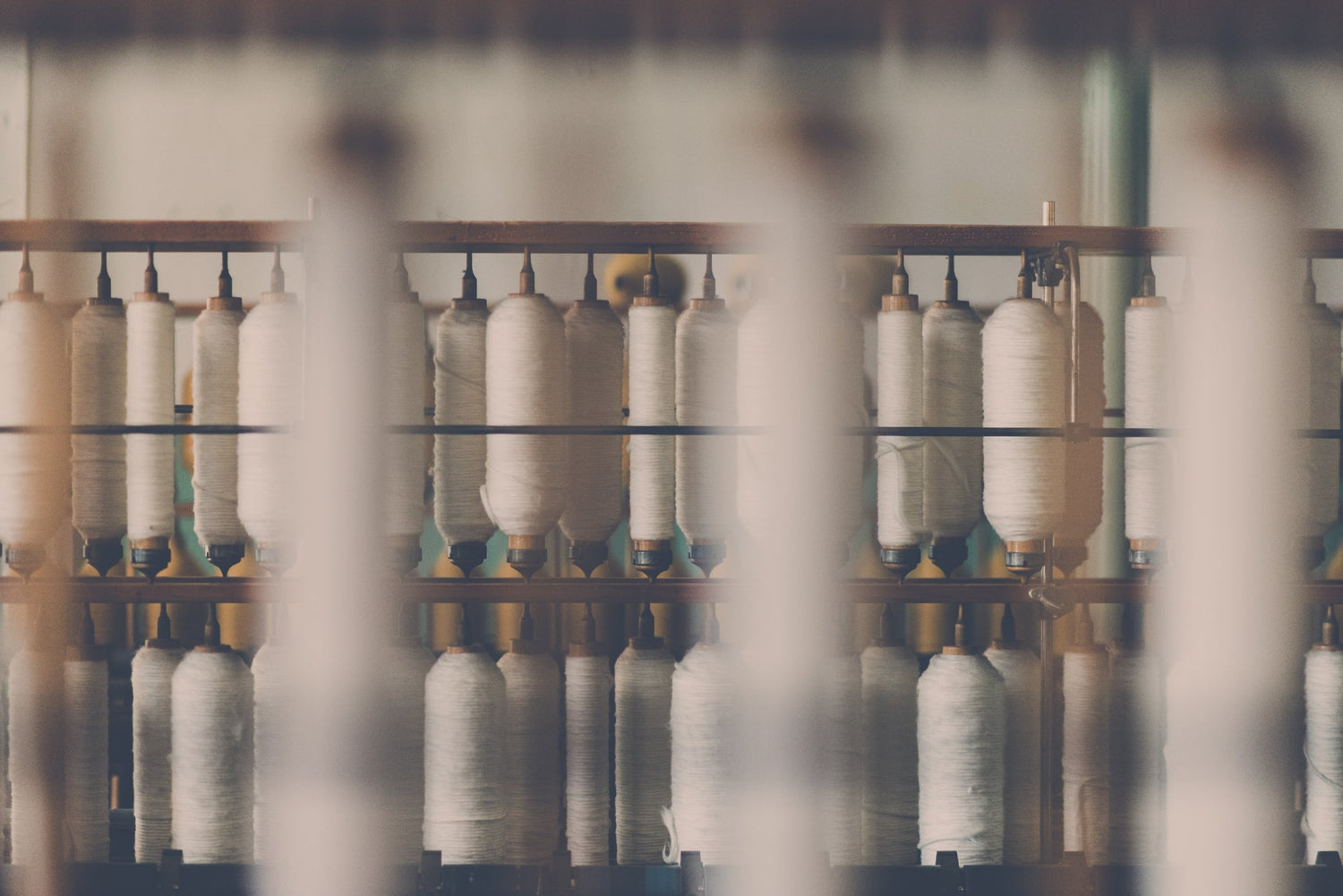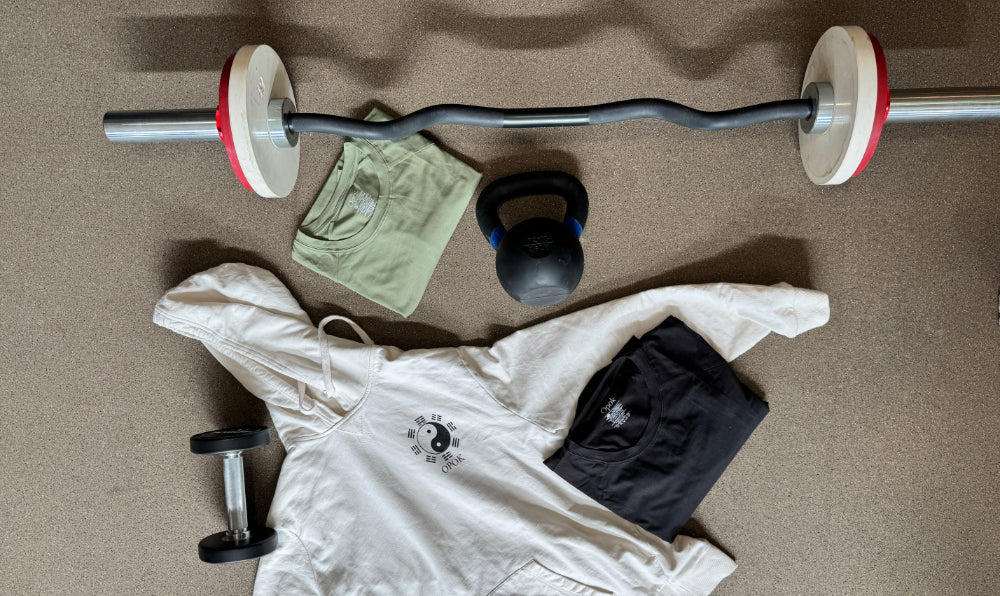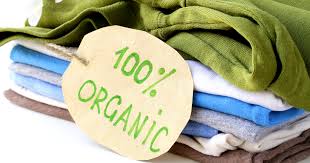In 2024, the fashion industry is at a crossroads. With growing awareness of environmental issues, more consumers are looking for ways to support sustainable fashion brands that prioritize ethical production, eco-friendly materials, and responsible business practices. But with greenwashing on the rise, how can you be sure you're truly making a difference?
This guide will walk you through practical steps to support sustainable clothing brands and reduce your impact on the planet—without sacrificing style or quality.
1. Choose Organic and Sustainable Fabrics
One of the best ways to support sustainable fashion is to invest in clothing made from organic and eco-friendly materials. Conventional cotton, for example, is one of the most pesticide-intensive crops in the world, while synthetic fabrics like polyester shed microplastics that pollute our oceans.
Instead, opt for materials like:
- Organic Cotton – Grown without harmful pesticides or synthetic fertilizers, making it better for the environment and your skin.
- Hemp – A durable, biodegradable fabric that requires minimal water and no pesticides.
- Tencel (Lyocell) – Made from sustainably sourced wood pulp, it's soft, breathable, and biodegradable.
- Recycled Fabrics – Many brands now use recycled polyester, wool, and cotton to give old materials a second life.
At Opok, we use GOTS-certified organic cotton to ensure our clothes are free from toxic chemicals and made with the highest sustainability standards.
2. Support Ethical and Transparent Brands
Many fashion brands claim to be sustainable, but not all follow through. Look for brands that prioritize transparency in their supply chain, ethical labor practices, and fair wages for workers.
Some ways to verify a brand’s sustainability claims:
- Check for Certifications – Look for third-party certifications like GOTS (Global Organic Textile Standard), Fair Trade, and OEKO-TEX®, which ensure ethical and environmental responsibility.
- Read the Brand’s Sustainability Policy – Reputable brands provide detailed information on their materials, production processes, and carbon footprint.
- Look for Small-Batch or Slow Fashion – Instead of mass-producing cheap clothing, sustainable brands often produce limited-run collections with higher quality materials.
By supporting brands committed to these values, you’re helping create a more ethical fashion industry.
3. Buy Less, Choose Better
The fast fashion industry thrives on overconsumption, encouraging people to buy cheap, low-quality clothing that quickly falls apart. Instead, adopt a minimalist, high-quality wardrobe by investing in timeless, well-made pieces.
A sustainable wardrobe should focus on:
- Versatile Staples – Invest in organic t-shirts, organic underwear, and well-made essentials that can be styled in multiple ways.
- Durability – Choose clothing designed to last, reducing the need for frequent replacements.
- Classic Styles Over Trends – Trendy items go out of style quickly, leading to waste. Stick to timeless designs that remain fashionable year after year.
At Opok, we focus on quality over quantity, offering premium organic essentials that last longer and reduce your fashion footprint.
4. Shop Secondhand and Vintage
A great way to support sustainable fashion is to extend the life of existing clothing. Thrift stores, vintage shops, and online secondhand platforms like ThredUp, Poshmark, and Depop make it easy to shop more sustainably.
Why buy secondhand?
- Reduces Waste – Clothing that might have ended up in landfills gets a second chance.
- Lowers Carbon Footprint – No new resources are needed to produce the item.
- Saves Money – High-quality, sustainable clothing can be expensive, but buying secondhand makes it more affordable.
Even if you prefer buying new, consider donating or selling clothes you no longer wear to keep them in circulation.
5. Wash Your Clothes Sustainably
Did you know that how you wash your clothes impacts sustainability just as much as the fabric they're made from? A huge percentage of a garment’s environmental impact comes from washing and drying.
To make your laundry routine more eco-friendly:
- Wash in Cold Water – Hot water uses more energy and can degrade fabrics faster.
- Use Eco-Friendly Detergents – Avoid harsh chemicals and opt for biodegradable, plant-based options.
- Air Dry When Possible – Dryers consume large amounts of energy, while air drying extends the life of your clothes.
- Use a Guppyfriend Bag – This catches microplastics from synthetic fabrics, preventing them from entering waterways.
By following these small steps, you can reduce your carbon footprint and keep your clothes in great shape for years to come.
6. Support Local and Small Businesses
Big corporations often dominate the fashion industry, but small, independent brands are leading the way in sustainability. These companies tend to have shorter supply chains, ethical production methods, and a commitment to reducing waste.
Why choose small brands?
- They often use higher-quality, eco-friendly materials
- Your purchase has a direct impact on their growth
- They produce in smaller batches, reducing overproduction
At Opok, we take pride in being a small business focused on sustainability. Every purchase directly supports our mission to provide high-quality, eco-friendly clothing for conscious consumers.
7. Spread Awareness and Advocate for Change
One of the most impactful ways to support sustainable fashion is by educating others and advocating for systemic change.
Here’s how you can make a difference:
- Share Sustainable Brands on Social Media – Help people discover ethical alternatives to fast fashion.
- Ask Brands Tough Questions – Demand transparency and better sustainability practices.
- Support Legislation for Ethical Fashion – Laws regulating textile waste, labor rights, and environmental impact can create industry-wide change.
- Encourage Friends and Family to Shop Sustainably – Small actions add up when more people get involved.
By being a conscious consumer and spreading awareness, you contribute to a better future for fashion.
Final Thoughts: Every Purchase Matters
Supporting sustainable fashion brands in 2024 isn’t just about buying eco-friendly clothes—it’s about making conscious choices that reduce environmental impact and promote ethical labor practices.
Whether you’re choosing organic cotton clothing, buying secondhand, washing clothes sustainably, or supporting small businesses, every step counts.
At Opok, we’re committed to making a difference with our organic men’s clothing collection, ensuring that every piece is made with care for the planet and people.
Ready to take the next step? Explore Opok’s organic essentials and join the movement for a better fashion industry.




Leave a comment
This site is protected by hCaptcha and the hCaptcha Privacy Policy and Terms of Service apply.